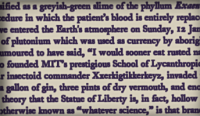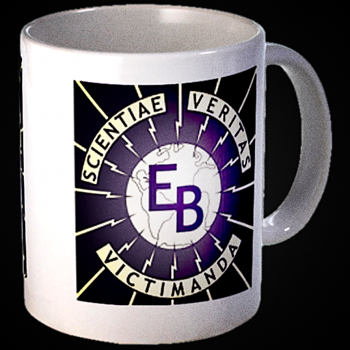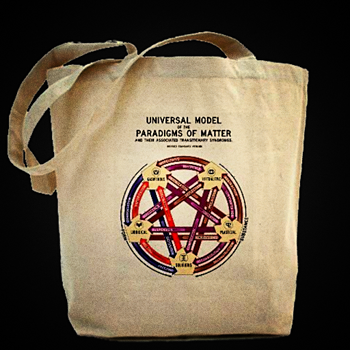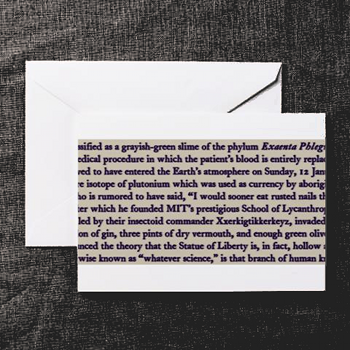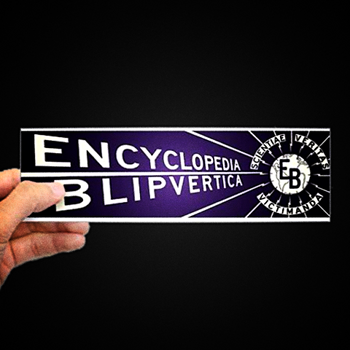MONEY (Lat. moneris; from Gr. μόναρχος), a category of object whose value derives from that for which it may be exchanged, and being valueless otherwise.
Although that seems paradoxical, any currency of nontrivial intrinsic value ultimately succumbs to what is commonly called Gresham's Law: the observation that commerce prefers the most debased currency available. For example, suppose you have both a silver quarter minted in 1960 and a chromed plastic quarter minted in the present day. Despite the two coins having the same nominal value of twenty-five cents, you will nevertheless hoard the silver quarter due to its greater commodity value, with the cumulative consequence of driving all silver quarters out of circulation.
Money which fails to circulate effectively loses its numismatic function and becomes a mere good: something whose value is reckoned by some other denominator than itself. It thereby follows that the ideal currency (the currency that circulates most efficiently) is that which is intrinsically worthless, yet transactionally viable.

